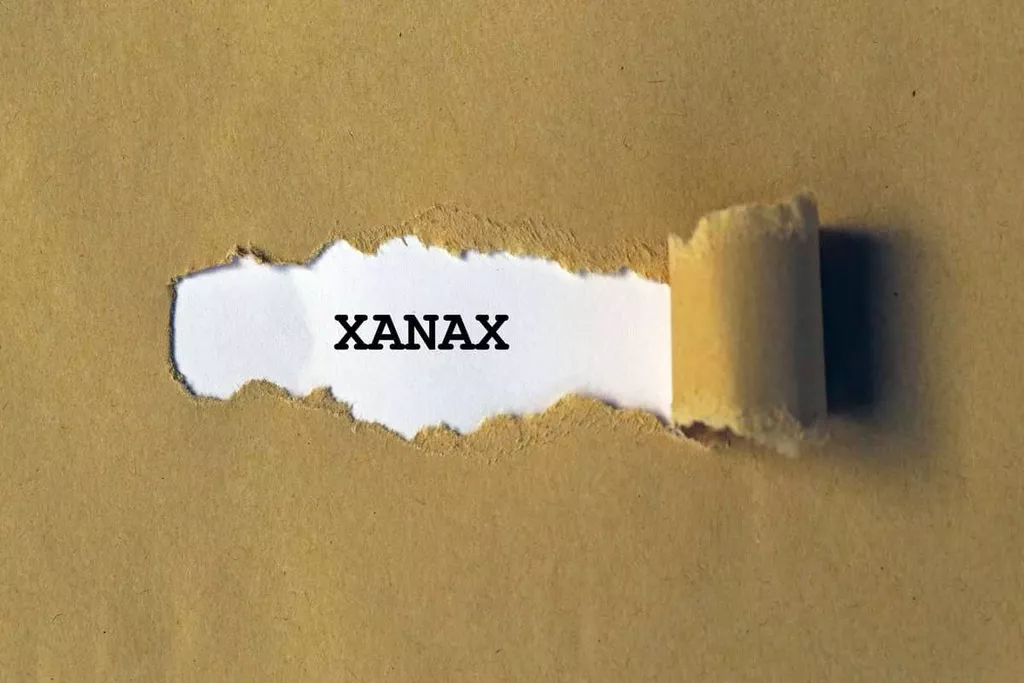
Steps like making amends, surrendering to a higher power, and practicing service all involve gratitude in different ways. Many in recovery find that gratitude enhances their spiritual growth and strengthens their commitment to sobriety. The consistent expression of gratitude has enabled many to rebuild damaged relationships and enhance their support networks. Individuals often report that expressing thanks to those around them has led to deeper, more trusting connections, essential for their ongoing recovery process.

The Science Behind Gratitude in Recovery

Embarking on the path to addiction recovery requires determination and a wealth of knowledge and guidance. Explore inpatient vs. outpatient addiction treatment to find the best path toward recovery for you or a loved one. Explore https://ecosoberhouse.com/article/5-alcoholic-types-in-alcoholism/ Lindsay Lohan’s drug addiction & alcohol abuse journey, from struggles to recovery. In recovery, many individuals discover the power of giving back to others who are struggling. Gratitude can inspire individuals to help others on their journey, whether through volunteering, offering support, or simply being there for someone in need.
- In recovery, make self-care a priority by taking steps to improve your circumstances or your health, or saying no to people and activities that don’t support your goals for recovery.
- The psychological benefits of gratitude contribute to improved mood and emotional well-being, making it easier for individuals to deal with adversity.
- Mindfulness practices, such as meditation or deep breathing, can help you cultivate an awareness of the present moment and increase your appreciation for the little things in life.
- Regardless of how you got to where you are, you are here now, on the pathway to recovery.
Exploring Different Aspects of Gratitude in Recovery

By consistently engaging in these practices, individuals enhance their emotional resilience, making it easier to cope with challenges along the recovery journey. Practicing gratitude helps manage emotions, prevents relapses, and fosters a sense of patience and kindness, which is critical in recovery from addiction or trauma. Gratitude plays a vital role in fostering social connections during the recovery process. Individuals who practice gratitude often feel more connected to others, which is essential for emotional support and communal healing. It enables individuals to seek out support systems and find value in their communities, as they can share positive sentiments with trusted individuals. Recovery is difficult, and maintaining a sense of gratitude can be crucial to a full and lasting recovery.
The importance of personalized addiction treatment plans

We know that gratitude can have mental and physical benefits, aiding in the challenges of recovery. We publish material that is researched, cited, edited and reviewed by gratitude in recovery licensed medical professionals. The information we provide is not intended to be a substitute for professional medical advice, diagnosis or treatment. It should not be used in place of the advice of your physician or other qualified healthcare provider. It should not be used in place of the advice of your physician or other qualified healthcare providers.

How to prepare for life’s challenges without substance use
Gratitude plays a vital role in enhancing mental health, especially during recovery from addiction. It cultivates positive emotions like happiness, hope, and joy while reducing negative feelings such as stress, anxiety, and depression. By focusing on what is good in life, individuals foster resilience and develop an optimistic outlook that encourages persistence through challenges. Gratitude also promotes emotional regulation, helping recovering individuals manage setbacks like cravings or relapses with a healthier mindset. The journey to sobriety is filled with challenges, but incorporating gratitude into your daily life can be a powerful catalyst for positive change.
- Nothing will ever be “perfect”, and challenges can be used to grow, learn, and even to give you a better perspective on good things in your life.
- However, gratitude is essential for anyone in recovery or working to get sober.
- Moreover, gratitude enhances physical health by making individuals feel lighter, more relaxed, and hopeful, leading to overall well-being and a healthier lifestyle 2.
- You may also want to create a dedicated gratitude journal to keep you focused.
- Other studies have also shown that practicing gratitude can lead to increased feelings of well-being and a more positive outlook in life.
- Without much vision now, I delight in the birds still chirping in my yard.
When you do good things, you just feel good, which will help you to feel better. Whether you have a lot going on in your life or almost nothing, you can likely find even something to be grateful for. Taking account of what you’re grateful for should be about stepping back and taking account of what you appreciate, what has gone right, and how things have gotten better for you. Further, practicing gratitude helps you look outward, to all the wonderful things that surround you, rather than keeping you focused inward, which can lead to feelings of negativity and despair.
A client receiving MAT for opioid addiction might initially feel discouraged by the need for medication. They might journal about their gratitude for a craving-free day, for the ability to sleep through the night, or for the clarity of mind that allows them to connect with their family. This shifts their perspective from feeling dependent to feeling empowered and appreciative of the support they are receiving. We have seen success stories from our clients who have integrated gratitude into their CBT work within our virtual programs. Individuals who initially focused heavily on regret and shame gradually shifted their drug addiction perspective.
